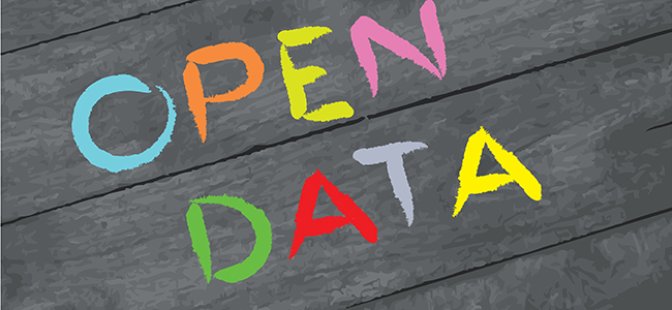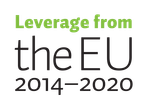
Open DaaS – Open Data as a Service
In the DaaS (Open Data as a Service) project, open data and digitalization utilizing collective operating model is being created. Utilization of open data has many hidden business possibilities. Services created with open operating models can be the next success story of Finland. The utilization of open data in the company level operations is however still in the beginning phase.
At the moment, most of the information is hidden in different offices and companies, and SMEs do not have the opportunities to utilize new and challenging themes. The companies use their time for seeking information, reading metadata and adapting information received from different sources. Strict structures must be reformed to network-like and flexible operating models.
The main objectives of the project are:
1. To create new business possibilities for the leading themes of open data: circular economy, intelligent transportation system and digital renewal.
2. To build the benefits of synergy between universities and SMEs in creation of cooperative model for development, which is based on value chain thinking.
3. To promote the R&D activities and new business opportunities of SMEs through quick try outs, data mining and impressive visualisation based on user experiences.
4. To support the establishment of open data scene.
5. To promote the top areas of different regions’ strategies with the consideration of sustainable development
The project is being executed with five work packages which each have one responsible university. The structure is similar in the work packages. However, they are being executed in different areas and they also have distinct themes. Turku University of Applied Sciences is responsible for the work package related to circular economy. Circular economy is seen as Circular Economy 2.0 which includes natural and technical cycle, and moreover also the cycle of social capital and social justice. The try-outs of the work package are focusing on turning prior waste material into economically advantageous products and services. Another part of the circular economy theme is the sharing economy and the experiments related to that.
Seven pilot projects are being executed in the circular economy work package. 3-10 companies are taking part in each of the projects. Four of the projects are hackathons related to open data. From the results of the hackathons, two best ones are chosen for further refining in Big Data pilots. One of the pilots is being productized and visualized to an impressive, interactive service product in the last Fast Wow pilot.


